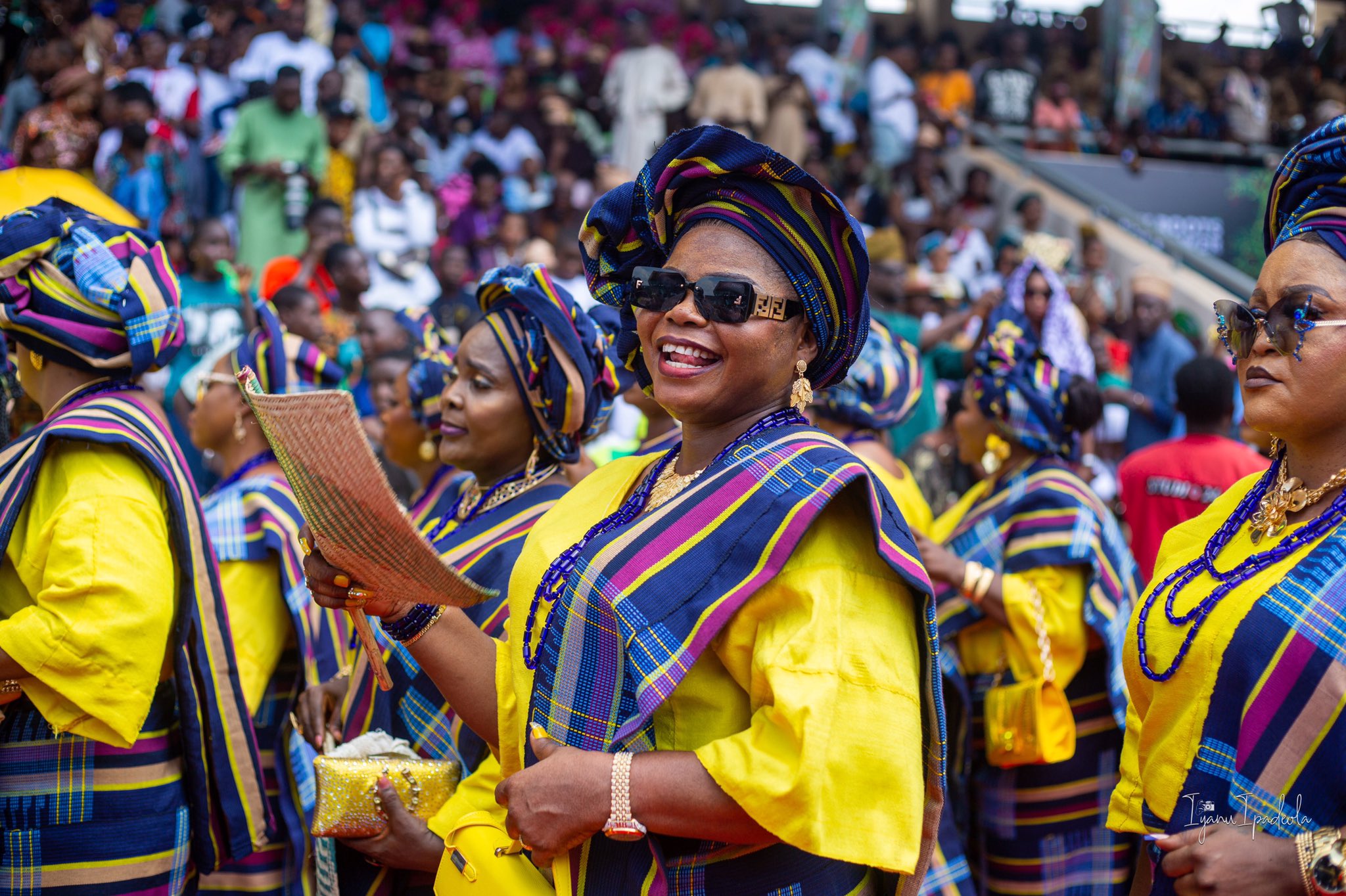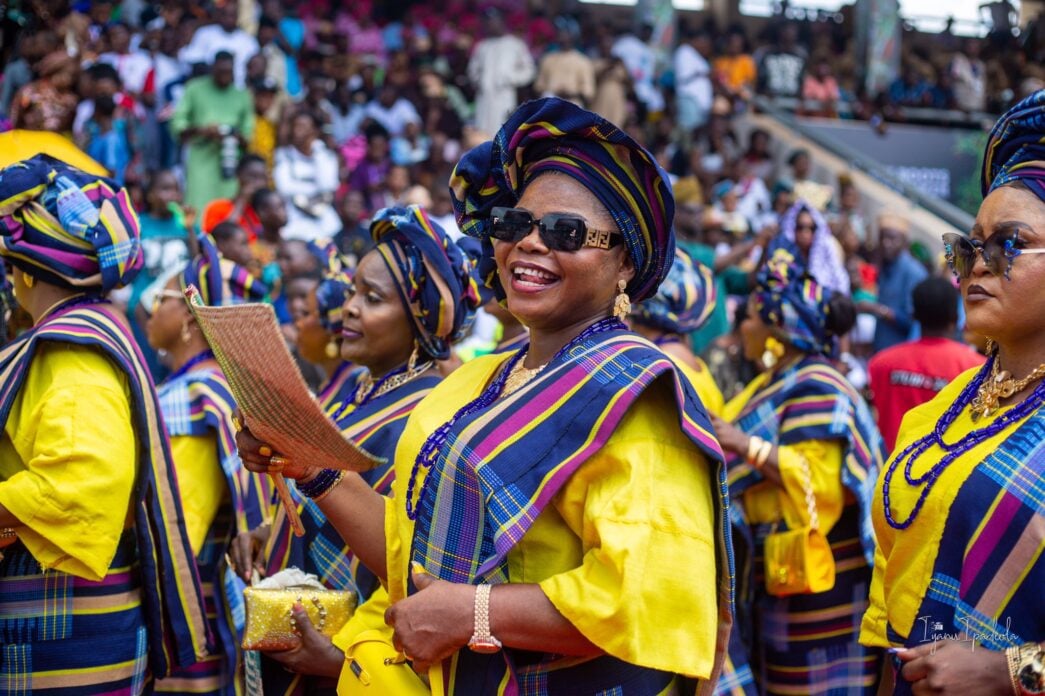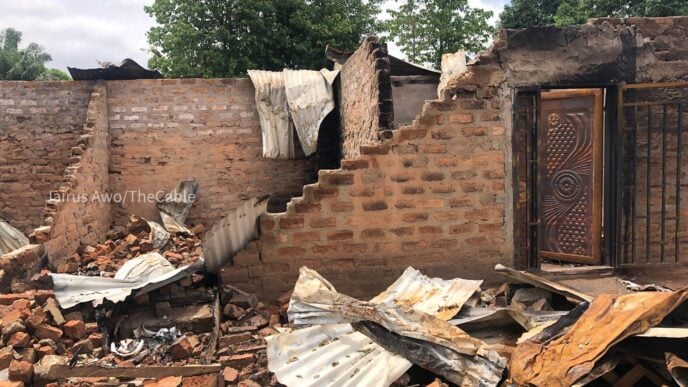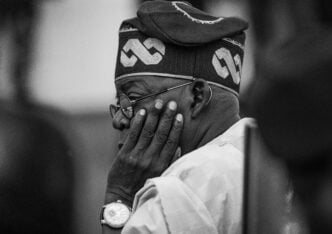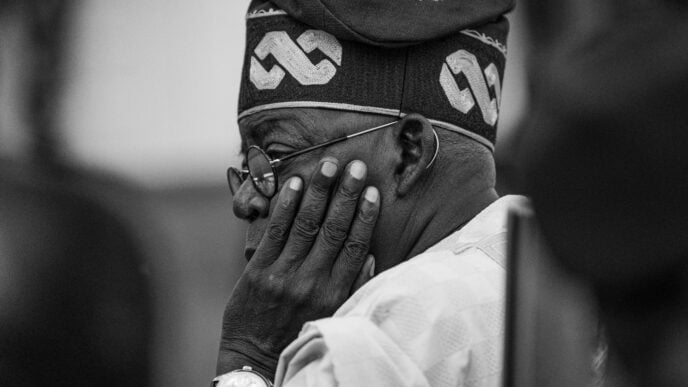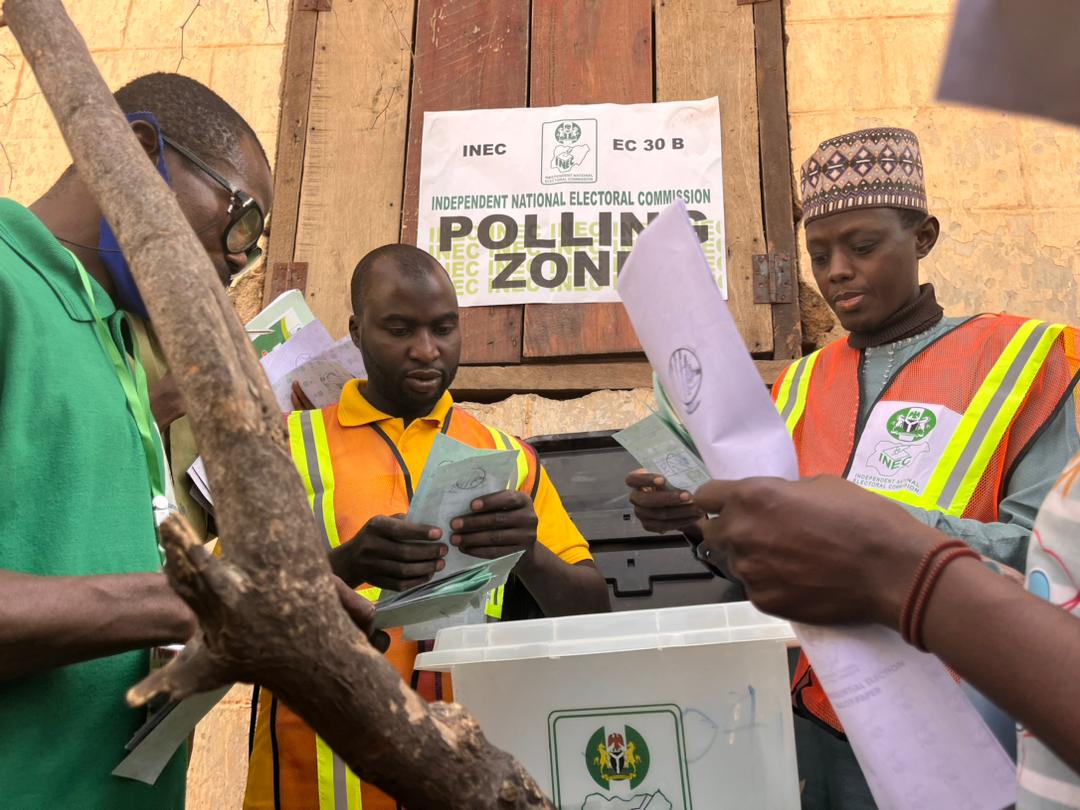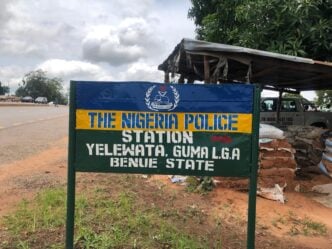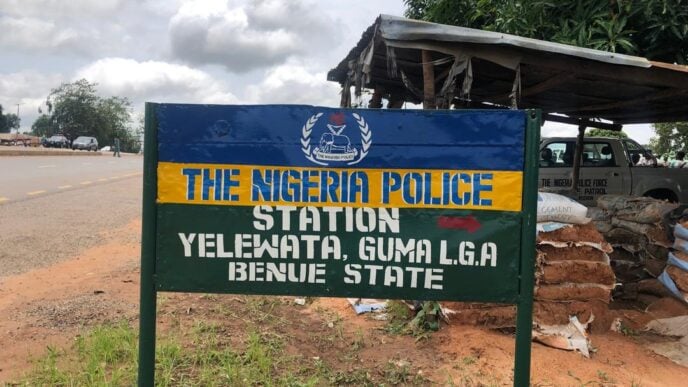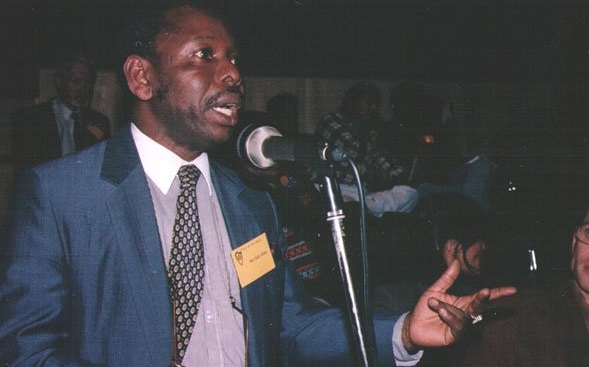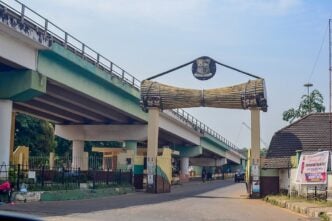BY ABDULROFIU MUHAMMED TEMITAYO
Ojude Oba is an iconic and richly cultural heritage festival celebrated by the Ijebu people, both at home and abroad, who are indigenes of Ogun State, Nigeria. The term “Ojude Oba” simply means “the king’s courtyard” in Yoruba. It is a colourful convergence of tradition, religion, and modernity. Its origins date back to the late 19th century, during the reign of Oba Adesumbo Tunwase, an Awujale of Ijebuland. Initially, the gathering at the king’s palace was a Muslim-centric affair, but it later expanded to accommodate participants of other faiths and social groups, transforming into a broader cultural and social engagement rather than a purely religious event.
The festival becomes even more fascinating with the inclusion of diverse regberegbe (age-grade groups) in the parades and performances that are now a hallmark of the celebration, showcasing unity and communal pride. Even during the British colonial period, the festival provided an opportunity for the Ijebu elite and professionals to reconnect with their roots. In the post-colonial era, it evolved into a grand event highlighting the cultural richness and enthusiasm of the Ijebu people. Today, it is a major economic and tourism attraction, drawing dignitaries, visitors, and corporate sponsors. It also serves as a platform for networking, philanthropy, and the preservation of Ijebu traditions, remaining a vivid expression of Ijebu identity, resilience, and adaptability, and reflecting the people’s reverence for their monarch and love for their heritage.
The transformation of Ojude Oba from a small, localised gathering to a globally recognised event is the result of cultural evolution, deliberate community effort, and modern influences. Over time, the festival began to embrace Christians and practitioners of traditional religions, encouraging harmonious coexistence in Ijebuland. With this inclusivity, more groups joined in, adding traditional dances, music, and attire to the celebrations, greatly enhancing the festival’s vibrancy and appeal. The regberegbe, being integral to Ijebu social structure, were instrumental in expanding the festival’s scale through their strong organisational presence.
Advertisement
These age-grade groups engage in competitions involving attire, horse-riding displays, and cultural performances, which add excitement and prestige. Ijebu indigenes from across Nigeria and the diaspora return home for the festival, increasing attendance naturally. Exposure to urban and international cultures has infused the festival with new elements such as modern fashion, music, and entertainment. Social media, through live streaming, has played a pivotal role in publicising the festival to a global audience. The involvement of celebrities, musicians, and comedians has helped modernise the event and attract younger generations with features such as concerts, beauty contests, and cultural expos.
Islam began to spread in Ijebuland in the early 19th century, and many Ijebu people embraced the faith. At the time, Muslim converts sought a special occasion to express gratitude to the Awujale for his support and religious tolerance. Thus, Ojude Oba originated as a platform for Ijebu Muslims to pay homage to the Awujale. Over time, the festival evolved to include people of all religious backgrounds. It is traditionally held two days after Eid al-Adha (Ileya Festival) in the Islamic calendar, so its timing varies annually on the Gregorian calendar.
During the festival, different age groups (regberegbe) and prominent individuals visit the Awujale’s palace to pay their respects. The event features elaborate parades showcasing traditional attire, dances, and music. Families and noble lineages display their equestrian skills with beautifully adorned horses, and awards are given for the best-dressed groups and outstanding performances. Modern elements, such as celebrity appearances and music performances, complement the traditional activities. Ojude Oba strengthens communal bonds and preserves cultural identity while providing economic and tourism opportunities both locally and internationally.
Advertisement
The sociology of Ojude Oba examines the festival through social structures, cultural practices, collective identity, and societal dynamics. As a cultural phenomenon, it offers insights into how traditions shape social cohesion, hierarchies, and the intersection of religion, culture, and modernisation.
The festival is a symbol of social cohesion, offering a platform for the Ijebu people to come together and reinforce communal ties. It also serves as an intergenerational link, preserving traditional customs and ensuring younger generations appreciate their heritage. It expresses a shared identity, highlighting Ijebu traditions, attire, and values, and uniting the community under a collective sense of pride.
In terms of religious pluralism, while rooted in Islamic traditions, Ojude Oba now includes Christians and traditional worshippers, reflecting the religious tolerance of Ijebuland. The age-grade system (regberegbe) underscores the festival’s role in Ijebu social organisation, as groups based on age engage in friendly competitions, reinforcing group identity and participation.
The festival also reaffirms traditional authority, especially the Awujale’s central role as a unifying symbol. Paying homage to the monarch demonstrates widespread respect for traditional leadership. Furthermore, the occasion reflects social hierarchy, as nobles, age groups, and commoners interact within a system of mutual respect. The festival fosters social integration, especially for Ijebu indigenes in urban areas and abroad, who return to reconnect with their roots.
Advertisement
The evolution and inclusivity of Ojude Oba show how festivals can integrate diverse social groups. Despite modernisation, it has preserved essential traditions—such as horse-riding, attire, and drumming—while adapting to change through corporate sponsorship, digital coverage, and celebrity involvement.
In terms of economic and social capital, the festival has become a major tourist attraction, stimulating regional economic growth. It provides a networking platform for elites, professionals, and politicians, reinforcing social capital and collective advancement.
Rituals and symbols such as paying homage to the Awujale, traditional attire, horse-riding, and music reflect deep-rooted cultural values and identity. The festival promotes social stability through shared purpose, conflict resolution, and legitimisation of the Awujale’s authority.
From a sociological perspective, Ojude Oba reflects functionalism, serving as a social institution that preserves culture, reinforces values, and integrates society. Symbolic interactionism interprets its rituals and symbols as deeper expressions of identity and tradition. Meanwhile, conflict theory considers the ways the festival may reflect social inequalities in wealth and influence.
Advertisement
Ojude Oba brings benefits across social strata. For the government, it generates tourism revenue, fosters economic growth, promotes unity, and strengthens public-private partnerships. The elite gain prestige, leadership roles, and economic returns. The middle class benefit through business exposure, social mobility, and marketing. For low-income earners, the festival offers economic opportunities, temporary jobs, community support, and skill development.
Shared benefits include cultural preservation, where all groups contribute to sustaining Ijebu history and heritage. The festival also provides entertainment and relaxation, and enhances intergenerational bonding by encouraging cultural continuity between elders and youth. In this way, Ojude Oba enriches social, economic, and cultural life in Ijebuland and beyond.
Advertisement
Nigeria, with its vast cultural diversity, hosts many similar festivals celebrating religion, tradition, and community. Notable ones include: the Argungu Fishing Festival (Kebbi State), Osun-Osogbo Festival (Osun State), Eyo Festival (Lagos), Durbar Festival (North), New Yam Festival (East), Igue Festival (Edo), Ofala Festival (Anambra), Sharo Festival (North), Calabar Carnival (Cross River), and Egungun Festival (Yoruba states).
Globally, festivals that mirror Ojude Oba in cultural expression and community spirit include: Rio Carnival (Brazil), Durga Puja (India), Inti Raymi (Peru), Naga New Year (Myanmar), Gion Matsuri (Japan), Naadam Festival (Mongolia), Mardi Gras (USA), Fiesta de la Vendimia (Argentina), Carnival of Venice (Italy), and Thaipusam (Malaysia, India, Sri Lanka).
Advertisement
Temitayo writes from Benin City, Edo State and can be reached at [email protected]
Advertisement
Views expressed by contributors are strictly personal and not of TheCable.
